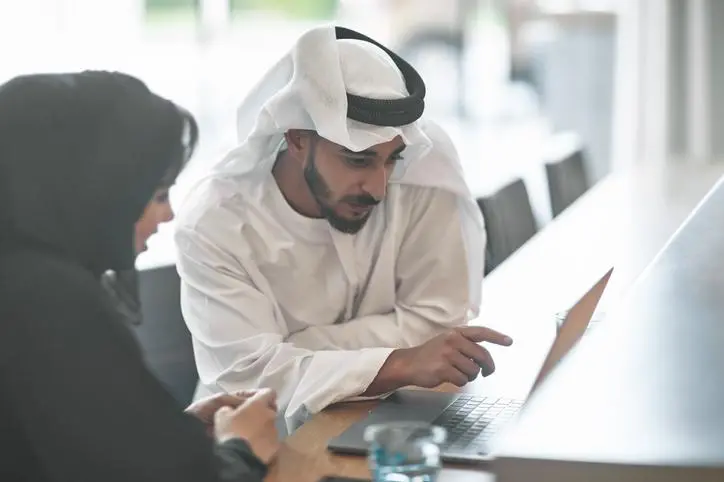PHOTO
As GCC governments push towards diversifying their economies and boosting their non-oil sectors, a shift towards liberalisation of markets is necessary to draw sustainable foreign investments to the region, a senior Bahraini official said.
“Foreign direct investment (FDI) will come when investors see that there is a real competitive environment, the private sector is de-regulated, and when the state is willing to sacrifice its own national companies in order to allow market competition to come to place,” said Khalid Al Rumaihi, CEO of Bahrain's sovereign wealth fund, Mumtalakat.
“In 2004, we de-regulated the telecom sector. Fast forward to 2018, and we attracted one of the largest cloud computing firms in the world, Amazon. As they did their due diligence around the region, they chose Bahrain to build their hyper-scale data center, because there is competition in Bahrain and a de-regulated telecom market,” he told delegates at Milken Institute Summit held in Abu Dhabi.
Last year, Amazon Web Services (AWS), the cloud computing subsidiary of e-commerce giant Amazon, launched AWS Middle East Region out of Bahrain, a hub that would enable institutions, companies and governments to run their applications and serve end-users from data centres located in the Middle East.
Bahrain decided to fully de-regulate its telecom sector and moved towards market liberalization in 2004. There was initially one national telecom company Bahrain telecommunication company (Batelco). While profits of the national operator declined as competition was introduced into the market, other economic and sector gains were reaped, Al Rumaihi noted.
“We moved from one operator to 20 operators. Consumer prices dropped by 50 percent for mobile prices. Employment in the sector grew by 17 percent. 70 percent of those working in the industry are Bahraini nationals. The telecom sector grew from 4 percent of GDP to 8 percent of GDP,” he said.
“So if you’re willing to move to a market-based economy, you have to think about the country and not about your national assets. You have to allow de-regulation to disrupt your own operators. That is the vision that all of GCC countries have,” he said.
Bahrain, which does not have the vast oil wealth of other GCC countries, has embarked on a set of economic reforms that aims to balance its budget by 2022.
(Reporting by Nada Al Rifai, editing by Seban Scaria)
Disclaimer: This article is provided for informational purposes only. The content does not provide tax, legal or investment advice or opinion regarding the suitability, value or profitability of any particular security, portfolio or investment strategy. Read our full disclaimer policy here.
© ZAWYA 2020





















